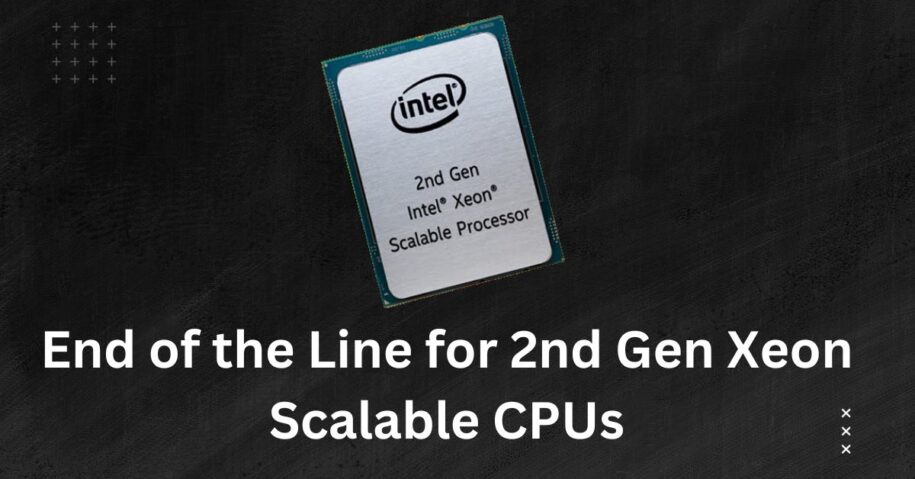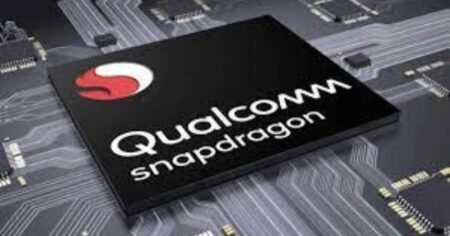
Intel has officially declared the discontinuation of its 2nd Generation Xeon Scalable processors, also known as Cascade Lake, in a meaningful move in the domain of computer processors. This marks the end of an era for a microarchitecture that has been a pillar of the industry since its debut in 2019.
Cascade Lake was presented as the long-awaited successor to the popular Skylake microarchitecture, promising improved performance and economy. However, it was up against intense competition from AMD’s 7nm EPYC Rome CPUs, forcing Intel to respond decisively. In reaction to AMD’s competitive offerings, the business was moved to phase out specific Cascade Lake Xeon SKUs and decrease prices on the remaining models.
Cascade Lake’s considerable feature segmentation is one of its distinguishing characteristics and may have contributed to its discontinuity. Unlike its competitors, not all Cascade Lake chips uniformly supported memory or Optane DC Persistent Memory DIMMs. In contrast, AMD’s EPYC Rome series offered a consistent feature set across all SKUs, simplifying the user experience.
One noteworthy part of this news is Intel’s pledge to honor existing orders. Customers must submit their final orders with their local Intel representative until April 26, 2024. Furthermore, Intel has promised that the last Cascade Lake Xeon orders would be shipped by October 23, 2026.
This means that Cascade Lake CPUs will be accessible for at least a few more years, giving a transition period for enterprises and organizations that rely on this microarchitecture.
Cascade Lake CPUs will be phased out, affecting a total of 68 Cascade Lake devices, according to Intel’s Product Change Notification (PCN) document. This move is consistent with Intel’s strategy emphasis on subsequent CPU generations, such as the 4th Generation Xeon Scalable Sapphire Rapids processors, which have already outperformed Cascade Lake regarding performance and capability.
However, there is a silver lining for the Cascade Lake lineage. Intel has verified that no disruptions will occur for its embedded clients. As a result, Cascade Lake-embedded processors are the last 22 surviving members of this microarchitecture family. Embedded devices have a longer lifespan than socket-based counterparts, providing stability and continuity to enterprises that rely on these processors for crucial applications.
Looking ahead, Intel has taken steps to ensure continuing support for its embedded clients. As of October 23, 2026, Intel has migrated its Cascade Lake embedded CPUs to the Intel Embedded Architecture, providing continued compatibility and support for these products.
Intel’s decision to discontinue its 2nd Generation Xeon Scalable Cascade Lake processors marks the end of an era in microarchitecture. While this decision reflects a deliberate shift towards newer, more sophisticated CPUs, Intel remains dedicated to ensuring a smooth transition for its customers.
With existing orders guaranteed to be fulfilled until 2024 and extended support for embedded products until 2026, Intel assures enterprises and organizations dependent on Cascade Lake CPUs have plenty of time to plan their transitions to newer technology.









